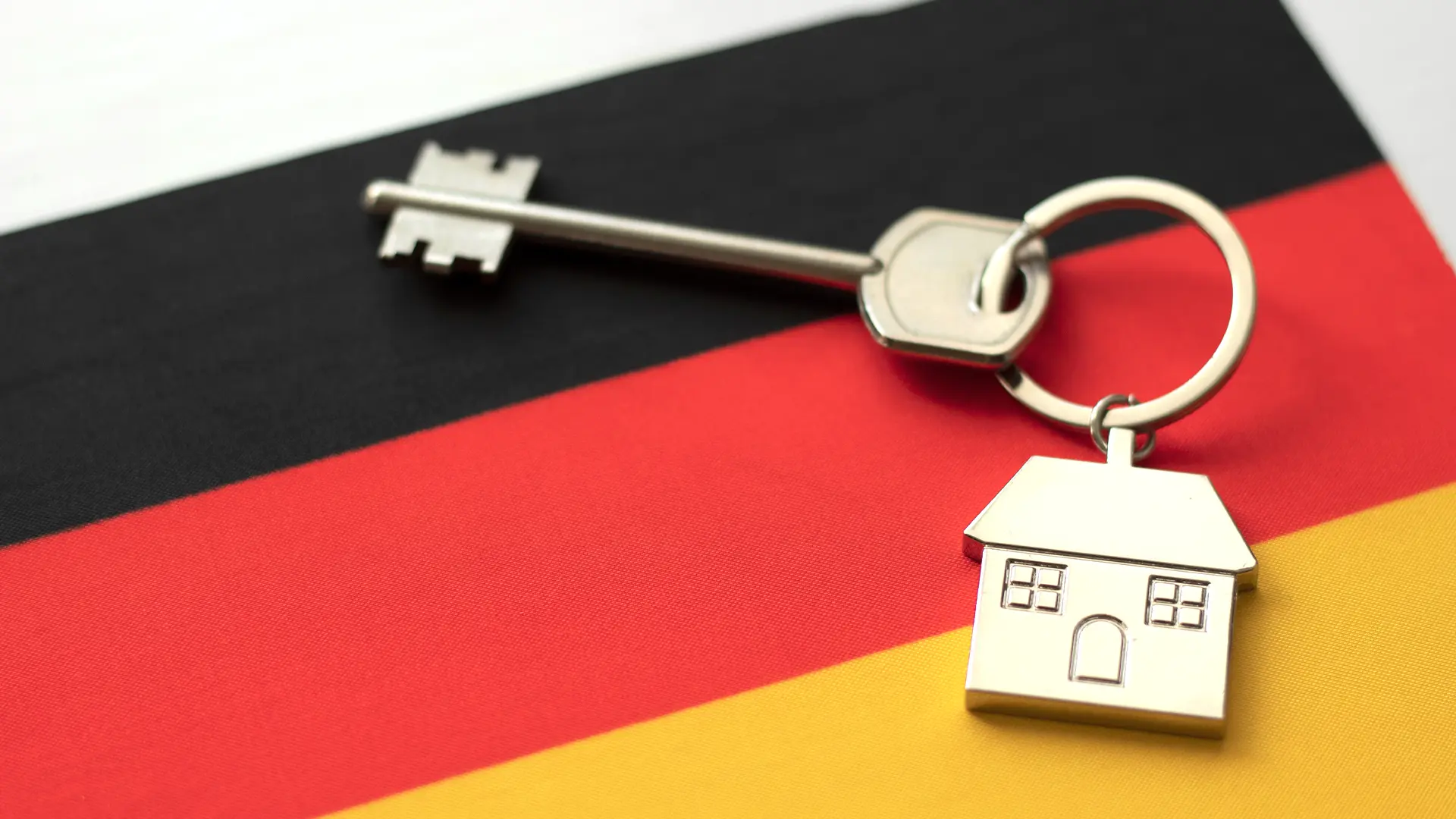Germany has a well-structured and transparent real estate system, but not all properties are created equal — especially when it comes to legal ownership and responsibilities. While buying a house and buying an apartment might seem similar on the surface, there are key legal distinctions that every buyer should understand before signing a contract.
Here’s a breakdown of the main legal differences between the two types of property purchases in Germany.
Ownership Structure
When you buy a house (Einfamilienhaus), you typically acquire full ownership of both the building and the land it sits on (Grundstück). You are the sole legal owner, with full autonomy to make decisions regarding construction, renovation, and land use — within the boundaries of local zoning laws.
In contrast, buying an apartment (Eigentumswohnung) means you’re purchasing a unit within a shared building. Legally, you acquire two things:
-
Sondereigentum (individual ownership of your flat)
-
Miteigentumsanteil (a fractional co-ownership of the building and common areas — like hallways, roof, garden, staircases)
This means you have voting rights in the homeowners’ association (WEG – Wohnungseigentümergemeinschaft), and some decisions (e.g., renovations of shared property) require majority approval from other apartment owners.
Legal Responsibilities
Homeowners are fully responsible for all maintenance, repairs, and insurance of their property, including external structures (roof, facade, driveway, etc.).
Apartment owners, however, split these responsibilities with other unit owners through the WEG. The association maintains a reserve fund (Instandhaltungsrücklage), decides on budgets, and contracts services. You’ll also be subject to Hausgeld — a monthly fee to cover shared maintenance, management, and reserves.
Flexibility and Autonomy
Houses offer more freedom: you can usually renovate or expand (e.g., add a garden shed or solar panels) without needing approval — as long as you comply with building codes and local laws.
Apartment ownership comes with more restrictions. You may need permission from the WEG to install things like satellite dishes, change windows, or modify your balcony. Internal renovations are usually unrestricted, but anything affecting communal property must be agreed upon collectively.
Costs and Legal Procedures
The basic legal procedure — notary involvement, land registry entry, taxes — is largely the same whether you’re buying a house or an apartment. However, managing shared legal interests in a building adds complexity and potential for disputes.
For a full overview of the legal and financial process of buying a flat, read our step-by-step guide to buying an apartment in Germany.
Final Thoughts
Whether you’re buying a standalone house or a city-center apartment, it’s important to understand your legal rights and obligations. Apartments may be more affordable and easier to maintain, but come with shared decision-making. Houses provide more autonomy but also more responsibility.
Knowing these distinctions will help you choose the property that fits both your lifestyle and your legal comfort zone.





